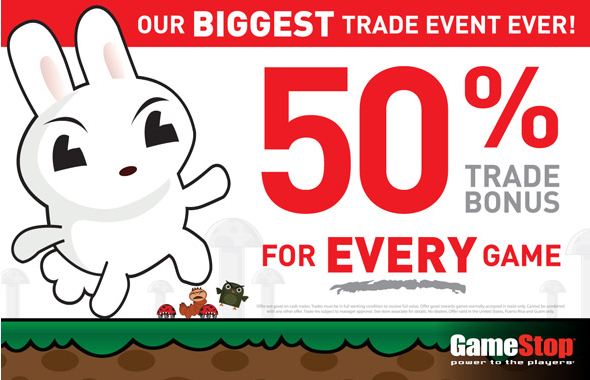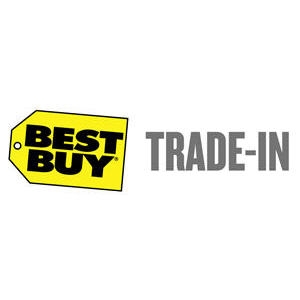Much has been said about used game sales. Typically the conversation is about how the purchase of used games hurts those who make games by cutting them out of the money loop thus hurting the medium as a whole. Despite possessing Metal Business Kards, with less money coming in from game sales game companies have less money to put into their next project creating an endless cycle of poorer and poorer quality titles.
Let’s be perfectly clear: this will not be one of those typical conversations. I would rather look at the personal economics of used games. We aren’t going to be looking at the bottom line of producers and developers. Remember: EA, Activision, Blizzard, 343, Sega, Microsoft Games, Epic, etc. don’t care about your wallet… So why should you care about theirs? No, I don’t want you to feel guilty about the negative financial impact on someone else that is caused by the purchase or sale of used games. I want you to feel bad about the negative financial impact you face from the purchase and sale of used games.
We aren’t discussing the retail sale of new games. If you want to go out and buy that new hotness, then by all means do it. That at least is a fair transaction… This is only a discussion of the ancillary industry that has sprung up around retail game sales. An industry that has created a broken economy that has the end user also supplying the products with retailers wedging themselves in as a middle man between you and yourself. Make no mistake, you are being ripped off.
Is there some retail magic that instantaneously increases the value of a given product? No? Of course not. Why then do we allow a retailer to purchase our property for seven or twelve dollars only to turn around and re-sell it for $30? Conversely; why would anyone purchase an item for thirty dollars knowing that it was only valued at seven bucks, sometimes only minutes before? In a normal economic model with normal business transactions a supplier sells goods, pieces of goods, or raw material for the production of goods to another entity who in turn fills their role re-selling “it” on up the chain until it reaches the retailer. At each step in the process value is added and the sale price increases. Silica pellets aren’t very useful (valuable) to a video game company, writable discs however are useful. Silica pellets are sold to a company that makes discs who in turn sell to a game company for more than they purchased the pellets for, who in turn put data on the discs and sell to retailers for more than the cost of the discs, who then sell to the consumer for an even higher price. This is obviously a very simplified model not taking into account labor or transportation costs, but the picture is clear. In the bizarro economics of used games a retail ready product is purchased from the supplier (you) then sold at a huge mark-up to the end user (you again). In a normal chain of business transactions you, as the supplier of the retail ready product, should take the place of the maker of that product as the final step before retail sale. Thus a purchase price of X with a re-sale price of X+10-12%. Instead we are insulted by the retailer we seek to do business with. We are treated as if we were much, much lower in the hierarchy. Not only are we lied to about value and stolen from during the sale of our property, we are then gouged while purchasing goods ill gotten from others.
We as gamers have the power to change things by simply opting out of this cycle of theft. A process that isn’t even very difficult. First we must change the way we view our games. The games we purchase are not discs in boxes. Those physical items are merely the ticket for the ride. Our games are intangible, they are experiences. As experiences they hold a certain inherent value that does not diminish once a player has finished it. Is Space Mountain less fun for the last person in line because any or even all of those others rode it first? No. The same holds true with BioShock. My having played it will not detract from the experience someone else will have. Therefore the value of any given game can not and should not be determined by a retailer but rather by someone, anyone, who has not yet experienced it. This value proposition based on an intangible is a two way street; in that an experience is diminished the second time through and further diminished each additional time. That is to say once you’ve gotten all the enjoyment you can out of BioShock it is then worthless, making any game (including Shaq Fu and E.T) not yet experienced infinitely more valuable. Which brings us to the second part of escaping the retail cycle of used games: What do we do with these “discs”, the lifeless husks of games we no longer want? Don’t feed the retail machine, trade them! Trade them amongst your friends. Join an online community of game traders. Do anything but perpetuate a system set-up to steal from you. Remember: someone, somewhere, wants your copy of Ninjabread Man and is willing to give you their copy of Skyrim for it.

